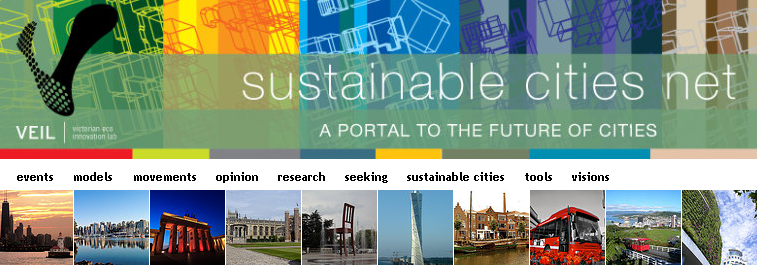The Impact of Sustainability on City Planning
It seems that cities will play the critical role in the race towards sustainability and climate change before it is too late. Because of this importance DuBruto Urban Planning has put together this small presentation to provide a body of knowledge available within a city planning context. The decision making bodies regarding the built environment has been moving in the right direction. Already so called Green Buildings have become almost obligatory when site planning and building plans are considered by municipalities. It is only relatively recently that it dawned upon some decision makers what sustainability really means within the systems approach to big cities.
Soon the full impact of the basic urban inefficiency towards ecological sustainability as is the present situation will become fully realised on the global scale. It seems logical that economic production and transport of goods and services will become directly affected by this. Eventually – in the not too distant future -
The most obvious realisation for this scenario is that it will be possible to convert parts of sprawled cities to function in an ecologically clean and economically profitable way On general it has already been said elsewhere that only electrical driven transport systems will be able to provide a sustainable urban environment as will be required.
According to Wikipedia a sustainable city, or eco-
In the past developmental experts agreed that a sustainable city should meet the needs of the present without sacrificing the ability of future generations to meet their own needs. The ambiguity within this idea lead to a great deal of variation in terms of how cities can carry out their attempts to become sustainable. As time goes by it is becoming all the more clear that to achieve a sustainable ecological environment in time the city will play the critical part and that the city as we know it will have to adapt on a scale that requires a new paradigm in this regard.
According to Wikipedia -
 HOME
SERVICES
PROJECTS
DOWNLOADS
Profile
HOME
SERVICES
PROJECTS
DOWNLOADS
Profile
Universal Principles Creating Sustainable Cities
Click:
Click graphic:
